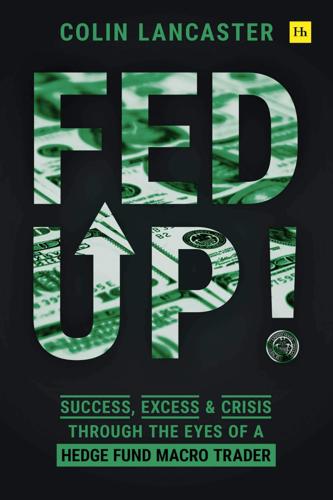
Fed Up!: Success, Excess and Crisis Through the Eyes of a Hedge Fund Macro Trader
by
Colin Lancaster
Published 3 May 2021
It’s the largest rescue package in American history, but the markets expected it to get through Congress and the relief package has now been priced by the markets. More often than not, by the time a headline like this hits the Bloomberg terminal, it has already been baked into prices. By the time it hits CNN or FOX, it’s already old news. Buy the rumor, sell the fact. Futures are down again. The markets know we are in a race against time. The USA is embarking on its sharpest downturn since the Great Depression. In two weeks’ time, the period of a typical paycheck, many workers will struggle to make ends meet. Most people are living from paycheck to paycheck.
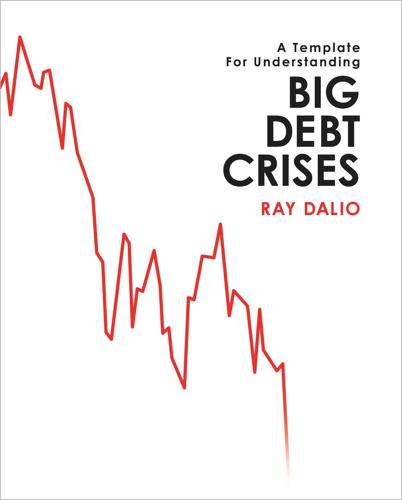
Big Debt Crises
by
Ray Dalio
Published 9 Sep 2018
–New York Times October 3, 2008 Bailout Bill Fails to Reassure Investors -New York Times October 3, 2008 Horrible Market Action “Price action around the TARP has been very bad, consistent with our view that the TARP won’t be a game changer. Friday’s price action in stocks held to the classic buy-the-rumor, sell-the-fact pattern. Except that normally you get a big rally into good news and a selloff after the news is fact, culminating in a net gain...this time...the stock market traded to new lows after the vote became fact.” –BDO October 3, 2008 159,000 Jobs Lost in September, the Worst Month in Five Years -New York Times October 5, 2008 Financial Crises Spread in Europe -New York Times October 6, 2008 Fed Considers Plan to Buy Companies’ Unsecured Debt “Under the program, the Fed said that it would buy the unsecured short-term debt that companies rely on to finance their day-to-day activities.
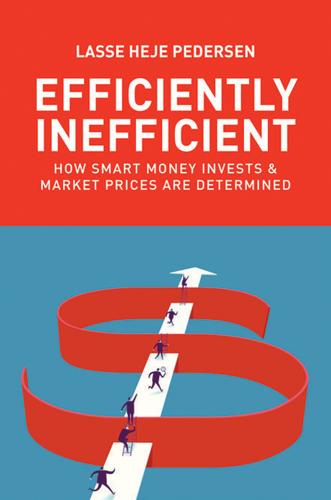
Efficiently Inefficient: How Smart Money Invests and Market Prices Are Determined
by
Lasse Heje Pedersen
Published 12 Apr 2015
If you think the earnings will come out higher than others expect, you buy before the announcement and sell after the announcement. More generally, such opportunistic traders try to put on a position before something is broadly known and unwind the position when the information gets incorporated into the price based on the motto: Buy on rumors, sell on news. If you know a rumor to be true, then you could be engaging in illegal insider trading (as Gordon Gekko, played by Michael Douglas, in the movie Wall Street). Whereas equity long–short managers often have more long positions than short, the reverse is true for dedicated short-bias managers.
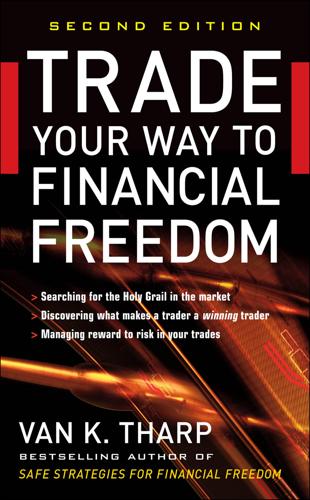
Trade Your Way to Financial Freedom
by
van K. Tharp
Published 1 Jan 1998
You will also observe that pending news will move a market longer and further than actual reported news. The anticipation of bullish news can support a market for weeks or even months. When the bullish news is eventually reported, the market may well move in the opposite direction. That’s why the old adage of “Buy the rumor, sell the fact” seems to work so well. (Of course, the same logic applies to bearish news as well.) Be Careful about Reacting to Fundamental Reports For example, let’s assume that a crop report has just been released showing that the soybean crop is going to be 10 percent smaller than it was last year.
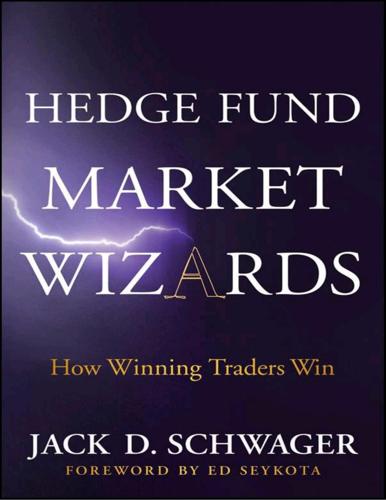
Hedge Fund Market Wizards
by
Jack D. Schwager
Published 24 Apr 2012
By observing retail clients, I learned a lot about what not to do, like taking small profits and letting losses run—a lesson that I had also learned from my trading days in college. I learned about the psychology of the markets and how certain traders were surprisingly accurate at picking tops and bottoms—the wrong way—based on emotional decisions and market activity rather than technical or fundamental analysis. I learned the value of the classic “buy the rumor, sell the facts” kind of trading because it put you on the opposite side of retail buying. I also noted how the most obvious technical patterns were often the ones that didn’t work. I still look for those trades today; the more obvious they are from a chart standpoint, and the more the opposite position makes sense from a fundamental standpoint, the more interested I am if the pattern fails.
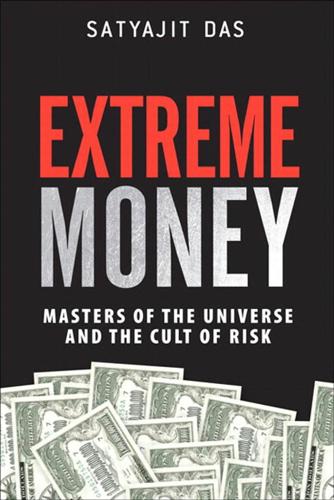
Extreme Money: Masters of the Universe and the Cult of Risk
by
Satyajit Das
Published 14 Oct 2011
Sure-fire moneymaking ideas are highly sought after. Comedians John Bird and John Fortune (the Long Johns) captured the quality of financial advice in a YouTube comedy sketch. One John tells the other that State Street Global Markets has issued research stating that “market participants did not know whether to buy the rumor, sell the news, do the opposite, do both, or do neither, depending on which way the wind is blowing.” Then, a few days later, ABN-AMRO analysts provided clients with even more telling advice: “we are back to ‘happy days’ again.”4 In early 2010, a controversy developed in Australia over financial institutions paying news networks to allow their analysts to appear on news bulletins.
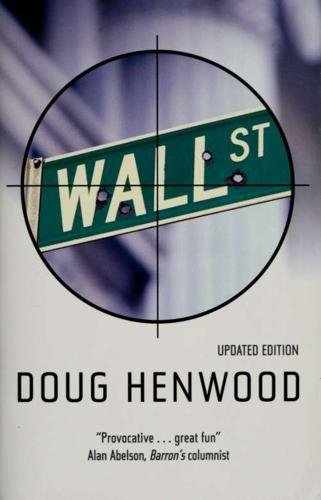
Wall Street: How It Works And for Whom
by
Doug Henwood
Published 30 Aug 1998
Needless to say, such a discovery is not of much help to speculators. Tests of the semi-strong form of the EMH during the 1960s consisted of observations of stock prices just before and after important announcements like stock splits, dividend changes, and the like. These provide statistical confirmation of the Wall Street axiom to buy the rumor and sell the news: most of the change in price around such announcements occurs before their public release, suggesting that a significant fraction of investors are remarkably prescient, remarkably skilled at analyzing public information, or remarkably well-informed. Even in 1970, the strong form of the EMH was empirically the weakest of the three versions.
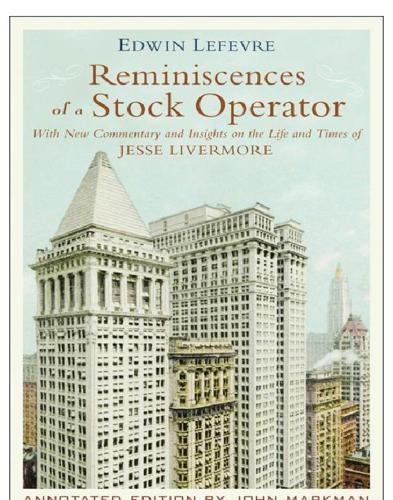
Reminiscences of a Stock Operator
by
Edwin Lefèvre
and
William J. O'Neil
Published 14 May 1923
Of course, it often happens that an experienced trader acts so quickly that he hasn’t time to give all his reasons in advance—but nevertheless they are good and sufficient reasons, because they are based on facts collected by him in his years of working and thinking and seeing things from the angle of the professional, to whom everything that comes to his mill is grist. Let me illustrate what I mean by the professional attitude. 17.6 Anticipation was a very important theme for Livermore, one he expressed again and again to reporters who sought out his secrets. Today we would recognize the concept by the phrase “Buy the rumor and sell the news.” William Hamilton, the fourth editor of the Wall Street Journal, wrote in 1922: Jesse Livermore was quoted in the columns of Barron’s as saying that “all market movements are based on sound reasoning. Unless a man can anticipate future events his ability to speculate successfully is limited.”
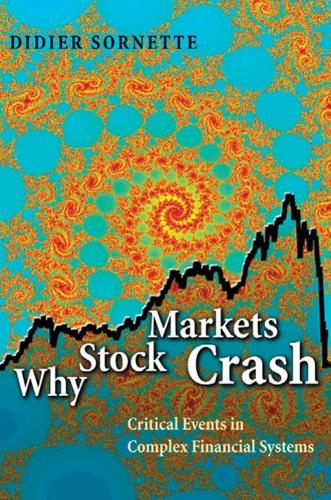
Why Stock Markets Crash: Critical Events in Complex Financial Systems
by
Didier Sornette
Published 18 Nov 2002
Perhaps even more compelling evidence of the presence of trend-chasing strategies is the wide prevalence of “technical analysis” that tries to spot trends and trend reversals by using technical indicators associated with past price movements [53]. Rumors Many on Wall Street think that rumors move stocks (see Figure 4.3). The old Wall Street saying, “buy on the rumor, sell on the news,” is alive and well, as can be seen from numerous sources in the media and the Internet. Rumors can drive herding behavior strongly. Rumors are most easily documented for extraordinary events. Here are a few remarkable examples. The Y2K bug is one of the most famous recent rumors during which misinformation was rampant.

Brazillionaires: The Godfathers of Modern Brazil
by
Alex Cuadros
Published 1 Jun 2016